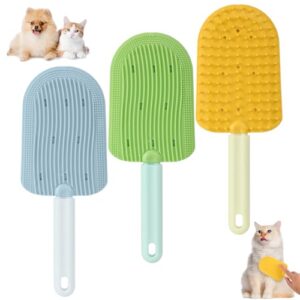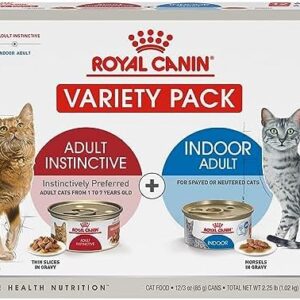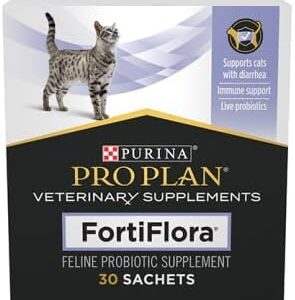
If you love your feline friend like I do, you want to make sure they are healthy and happy. One of the most important ways to ensure your cat’s well-being is by providing them with the proper nutrition. Just like humans, cats have specific dietary needs that must be met in order for them to thrive. In this article, we will delve into the basics of feline nutrition, so you can better understand and meet your cat’s dietary needs.
First and foremost, it is essential to provide your cat with a balanced diet. Cats are obligate carnivores, which means that they must consume meat in order to meet their nutritional requirements. Protein is especially important for cats, as it provides them with essential amino acids that they cannot produce on their own. Additionally, cats require certain vitamins and minerals that can only be found in animal tissues.
When selecting a cat food for your furry friend, it is important to choose a high-quality, nutritionally complete diet. Look for a food that is formulated to meet the nutritional needs of cats at all life stages, from kittens to senior cats. Some cat foods are specifically tailored to certain life stages, so be sure to choose one that is appropriate for your cat’s age and activity level.
In addition to protein, cats also require fats in their diet. Fats provide cats with essential fatty acids that play a crucial role in maintaining their skin and coat health. However, it is important to keep in mind that too much fat can lead to obesity in cats, so it is best to choose a cat food that strikes a balance between protein, fats, and carbohydrates.
Speaking of carbohydrates, cats do not have a dietary requirement for them. In the wild, cats primarily consume meat, which means they do not need a significant amount of carbohydrates in their diet. While some carbohydrates can be beneficial in small amounts, such as fiber for digestion, it is best to choose a cat food that is low in carbohydrates and high in protein.
When it comes to feeding your cat, it is important to establish a feeding schedule and stick to it. Cats thrive on routine, so feeding them at the same time each day can help them feel more secure and reduce the risk of overeating. Additionally, be sure to provide your cat with fresh, clean water at all times to keep them hydrated and healthy.
As with any dietary changes, it is important to transition your cat to a new food slowly to prevent digestive upset. Gradually mix the new food with the old food over the course of several days until your cat is fully transitioned to the new diet.
If you are unsure about which cat food to choose or have other questions about your cat’s dietary needs, it is always best to consult with your veterinarian. They can provide you with personalized recommendations based on your cat’s age, weight, and health status.
In conclusion, understanding your cat’s dietary needs is essential for ensuring their health and well-being. By providing them with a balanced diet that is high in protein and low in carbohydrates, you can help your cat live a long and healthy life. Remember to establish a feeding schedule, provide fresh water at all times, and consult with your veterinarian for personalized recommendations. Your feline friend will thank you for it!






